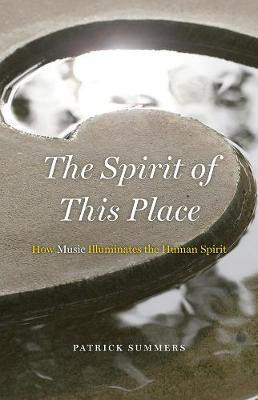The Spirit of This Place(English, Paperback, Summers Patrick)
Quick Overview
Product Price Comparison
Artists today are at a crossroads. With funding for the arts and humanities endowments perpetually under attack, and school districts all over the United States scrapping their art curricula altogether, the place of the arts in our civic future is uncertain to say the least. At the same time, faced with the problems of the modern world-from water shortages and grave health concerns to global climate change and the now constant threat of terrorism-one might question the urgency of this waning support for the arts. In the politically fraught world we live in, is the "felt" experience even something worth fighting for? In this soul-searching collection of vignettes, Patrick Summers gives us an adamant, impassioned affirmative. Art, he argues, nurtures freedom of thought, and is more necessary now than ever before. As artistic director of the Houston Grand Opera, Summers is well positioned to take stock of the limitations of the professional arts world-a world where the conversation revolves almost entirely around financial questions and whose reputation tends toward elitism-and to remind us of art's fundamental relationship to joy and meaning. Offering a vehement defense of long-form arts in a world with a short attention span, Summers argues that art is spiritual, and that music in particular has the ability to ask spiritual questions, to inspire cathartic pathos, and to express spiritual truths. Summers guides us through his personal encounters with art and music in disparate places, from Houston's Rothko Chapel to a music classroom in rural China, and reflects on musical works he has conducted all over the world. Assessing the growing canon of new operas performed in American opera houses today, he calls for musical artists to be innovative and brave as opera continues to reinvent itself. This book is a moving credo elucidating Summers's belief that the arts, especially music, help us to understand our own humanity as intellectual, aesthetic, and ultimately spiritual.


